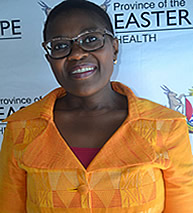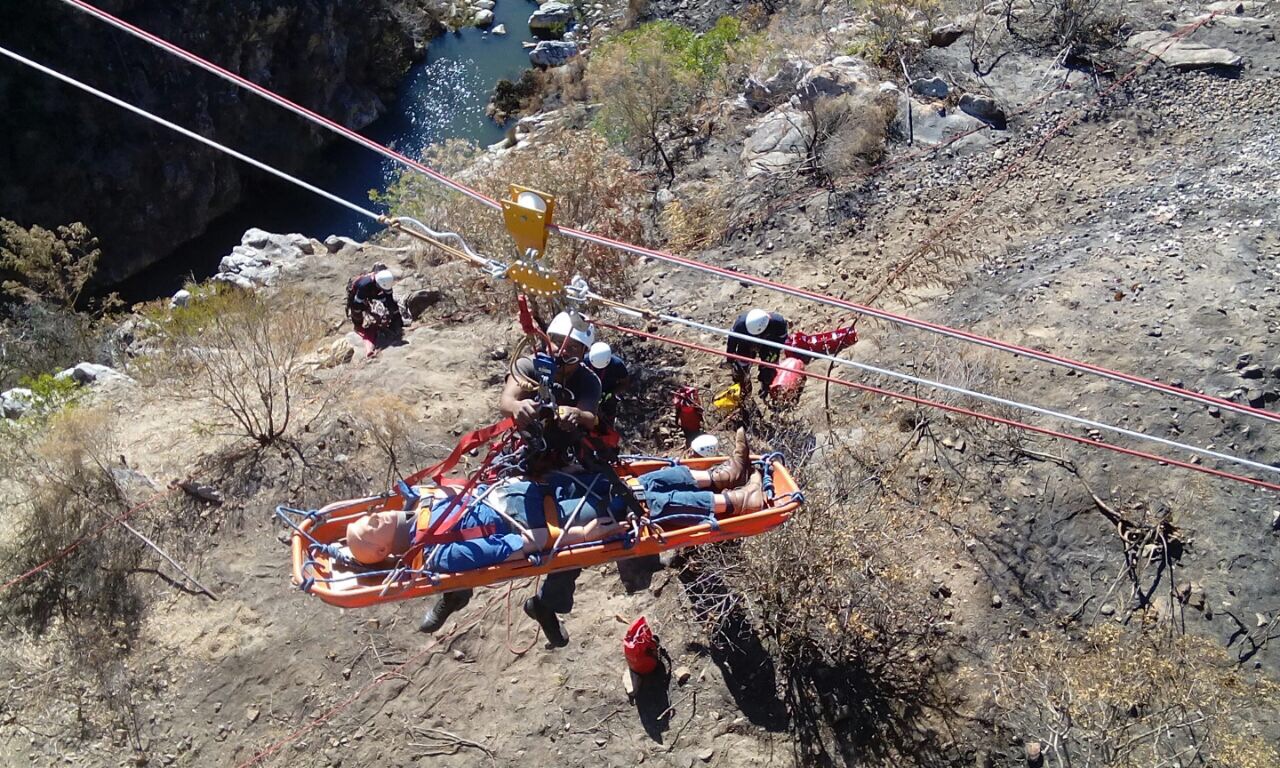The Eastern Cape Department of Health, through its Executive Management Committee, approved the standard operating policy for the functioning of the Shared Services Contact Centre within the business processes of the department. The standard operating policy for the Contact Centre is aligned with other strategic imperatives of the public service regulation.
The approval of the Shared Services Contact Centre meant that the department had to realign its service delivery model to be more customer centric through providing a central information centre that will provide both proactive and reactive services for the Eastern Cape Department of Health internal and external customers in a “one central stop shop” 24 hour Shared Services Contact Centre – 0800 032364.
The Contact Centre has also been realigned and has incorporated the frontline services of the following key units: IHRM query management, Finance and Payment Management, Clinical Health Services query management, ICT frontline desks and Presidential Hotline Query management. Its functioning has also been realigned to Innovation and Knowledge Management key practices in order to promote innovative health service delivery to our customers.
In order for the Shared Contact Centre to be successful in discharging its mandate optimally, a need arises to realign its input (personnel staffing) to meet the service standards as promised to the citizens. In a Contact Centre environment, the determinant of staffing is through the prediction of call volumes based on historical data.
The best model that is proposed by the Contact Centre Management unit in this case is the Flexible Staffing Model as defined in the figure below:-
The diagram depicts the peak and valley cycles in a typical business i.e. Contact Centre. Staffing levels above the line is representative of an area where flexible staffing will ideally be utilized and below the line indicates the permanent staff component from the department.
Flexible staffing provides the department with the ability to staff for special projects such as an employee verification project, strike management plan, disaster planning with unexpected increase in call volumes and even during peak seasons of the year or infrequent peaks in operational processes. The Shared Contact Centre can effectively manage unforeseen circumstances.



















